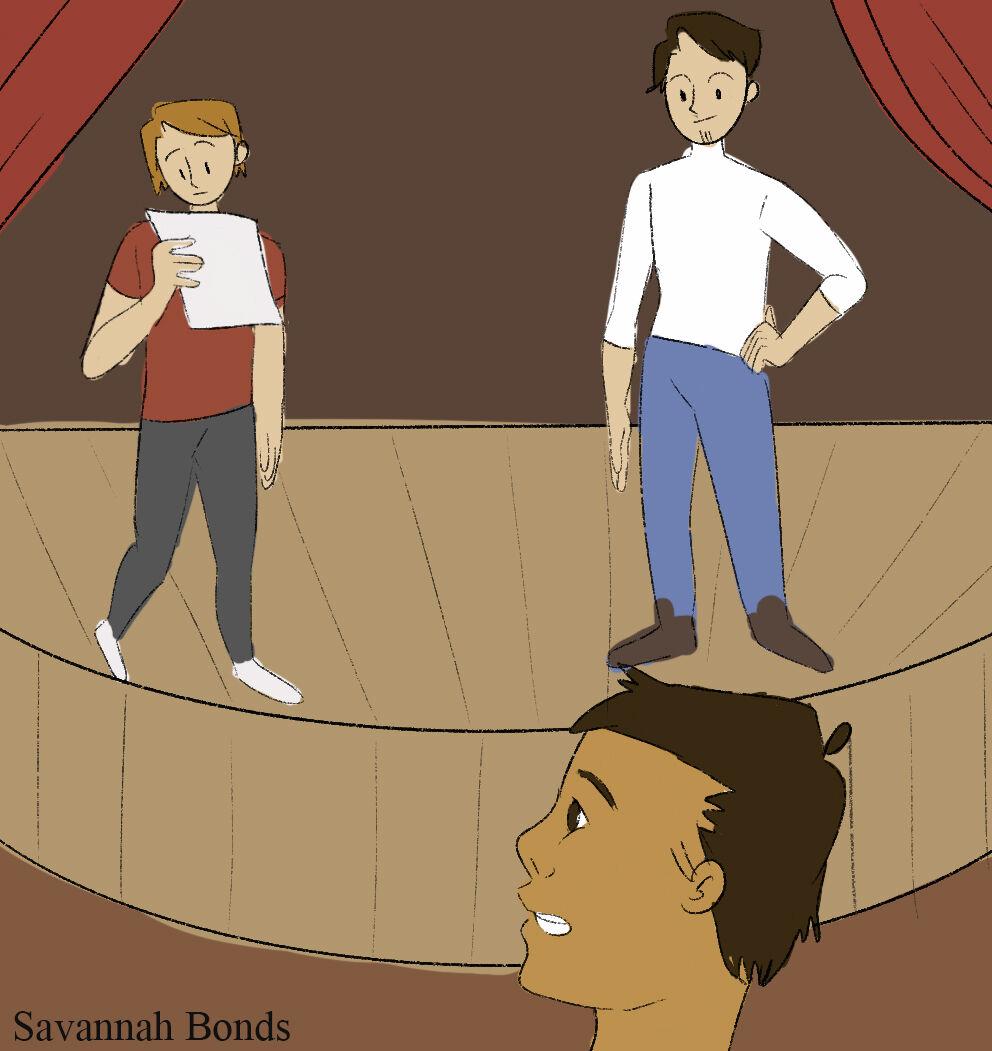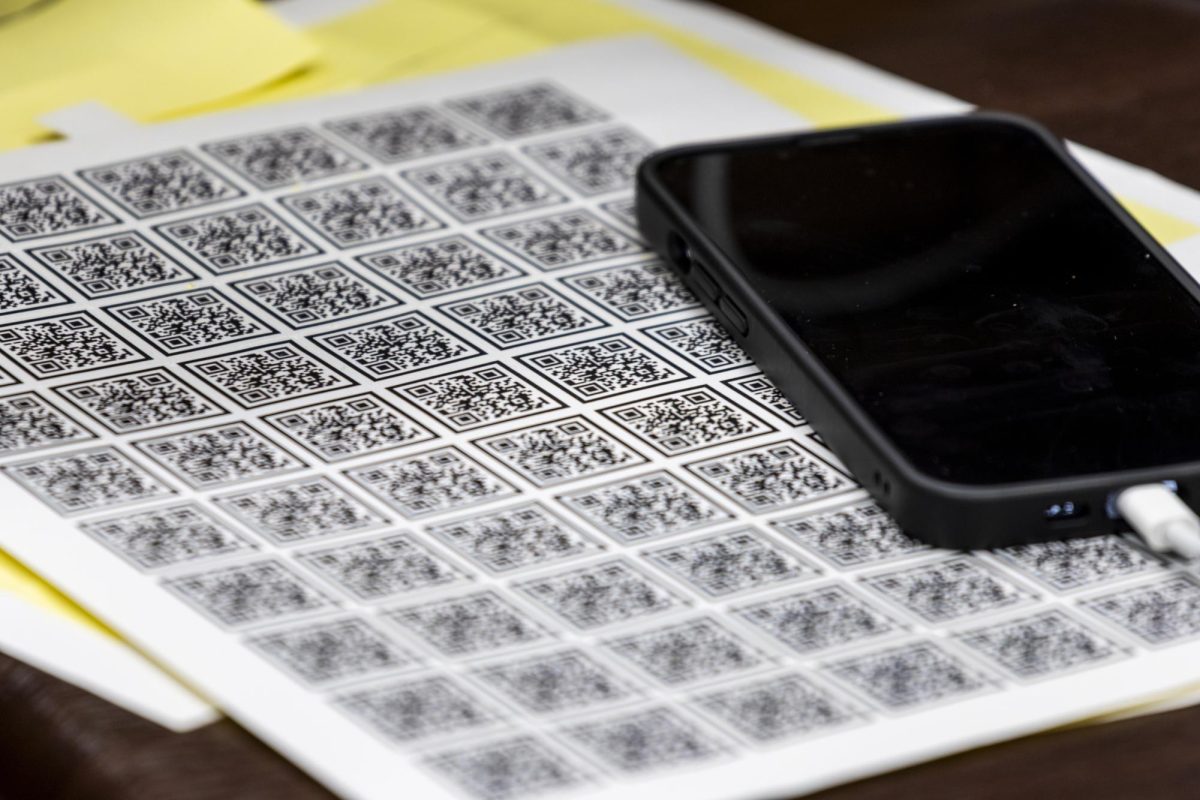Theatre MSU and Blackfriars Drama Society teamed up to give students the opportunity to produce shows completely on their own.
Due to a major turnover of staff in Mississippi State University’s theatre department, the theatre faculty has given students the opportunity to present ideas for productions throughout the semester which students will have the chance to design, direct and execute entirely on their own.
Thomas McBride, a junior majoring in accounting and communication, was one of the first students given the opportunity to independently select and direct a play. McBride selected John Logan’s “Red,” and the show took place in the McComas Theatre from Jan. 28 through Jan. 30.
McBride, who has been in various theatre productions for many years in an assortment of roles, has been familiar with “Red” for many years, having used monologues from the play for auditions and having established an appreciation for the characters and relationship of the show.
“I fell in love with the characters in the show and, of course, the theme of mentor and mentee,” McBride said. “Even as someone who is a mentor, you are still learning from the mentee, and that’s such a good message.”
The show focuses on famous artist Mark Rothko and his relationship with his assistant Ken. Stuck in his traditional abstract expressionist form of extremely personal and intimate painting, Rothko struggles with and opposes the modern pop-expressionism that Ken represents.
Having never directed a show before, McBride’s challenges were only multiplied by the obstacles COVID-19 has created. Although the team had to practice on Zoom for longer than they anticipated, McBride and the cast approached the project optimistically.
“Because of the slow start, we really only had since January 10th physically being here,” McBride said. “It’s been tough. COVID’s been tough. COVID has provided a lot of interesting challenges, all of which we’ve been able to overcome.”
Jeremiah Joswick, a 5th-year photography major and one of the actors in the production, came to join Theatre MSU after doing a photoshoot for one of the previous shows. In this semester’s production of “Red,” Joswick played Rothko’s assistant Ken, a young, opportunistic and optimistic painter.
“My character represents the new age of art coming in. While Rothko is abstract expressionism, Ken is supposed to represent the pop art movement,” Joswick said. “Ken, when he starts out, is very nervous and shy, but he’s excited to learn because, to him, Rothko is one of the masters.”
Having not acted on stage since seventh grade, Joswick said hopping back into theatre has been an arduous process, but it has increased his confidence.
“Up until I walked on stage, I was shaking, but once I was on stage, it was fine,” Joswick said. “After that, the confidence for me has been a lot higher, so I feel a lot better about going on stage.”
Joswick noted one of the biggest lessons he has taken from his experience is that even the unexpected people in someone’s life, the people in it who are meant to be taught, might end up being the ones who teach the most.
Melanie Harris, an instructor in MSU’s Department of Communication, is typically a costume designer for the Theatre MSU productions. However, for this production, she and the rest of the faculty have stepped back, giving students the room to present a show entirely on their own.
“I am so proud of this group, so proud to see how they have risen to the challenge, so proud of how they’ve handled COVID-19 and so proud that they did not give up in the face of the adversity of all the things they had to do and struggle with to get this going,” Harris said. “That’s the whole goal of education: to get you guys ready to go out and do it on your own.”
Perhaps more than any other field, COVID-19 has greatly impacted the lives and occupations of artists across the country. This has inspired the creation of innovative solutions and nontraditional projects. Instead of closing the department, the instructors are using this as an opportunity to prepare the students for unexpected and, in this case, extreme challenges.
“We are driven by our desire to create,” Harris said. “Continue supporting the arts because they got us through a pretty tough time. When everything goes back to normal, come back to us.”













